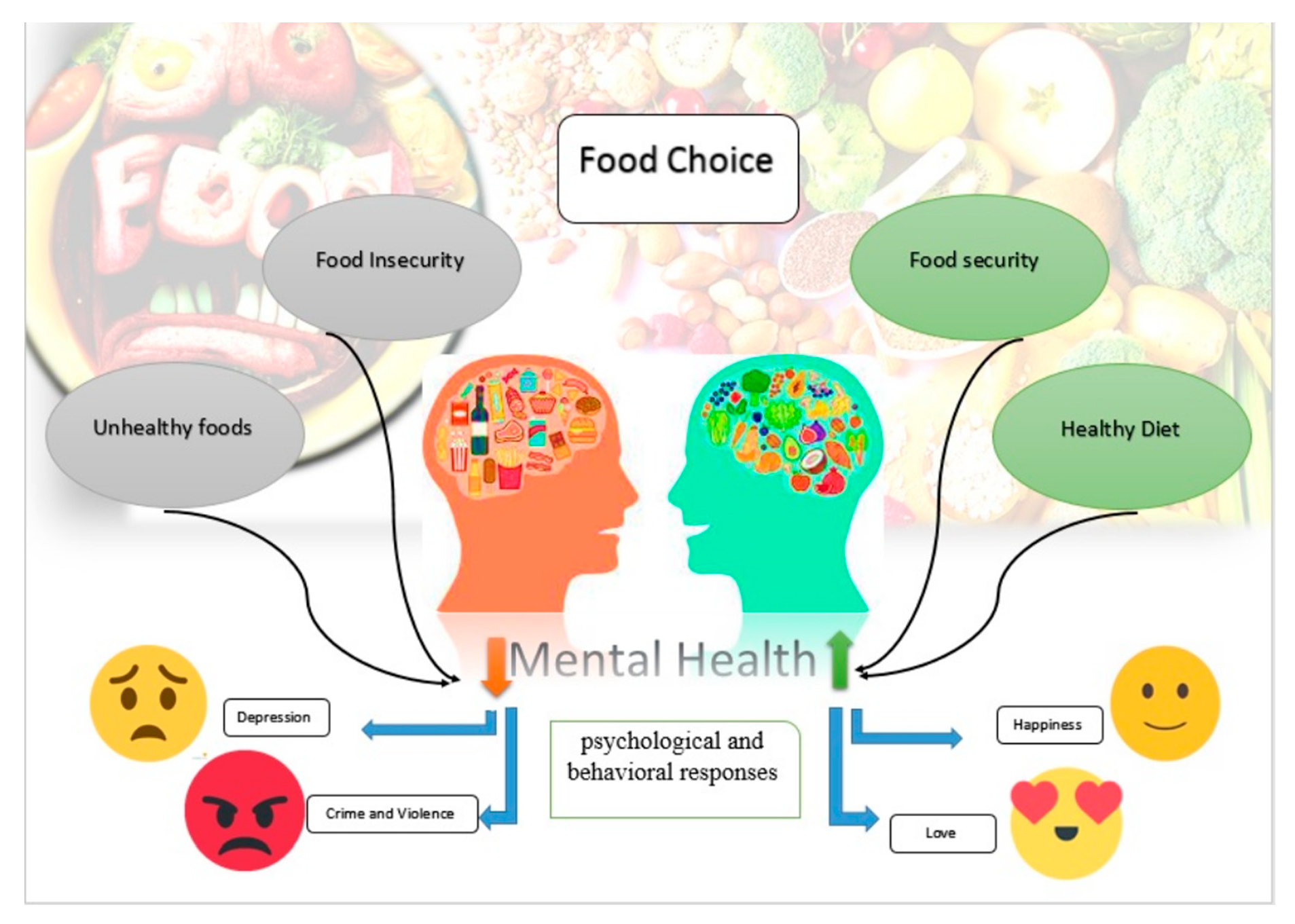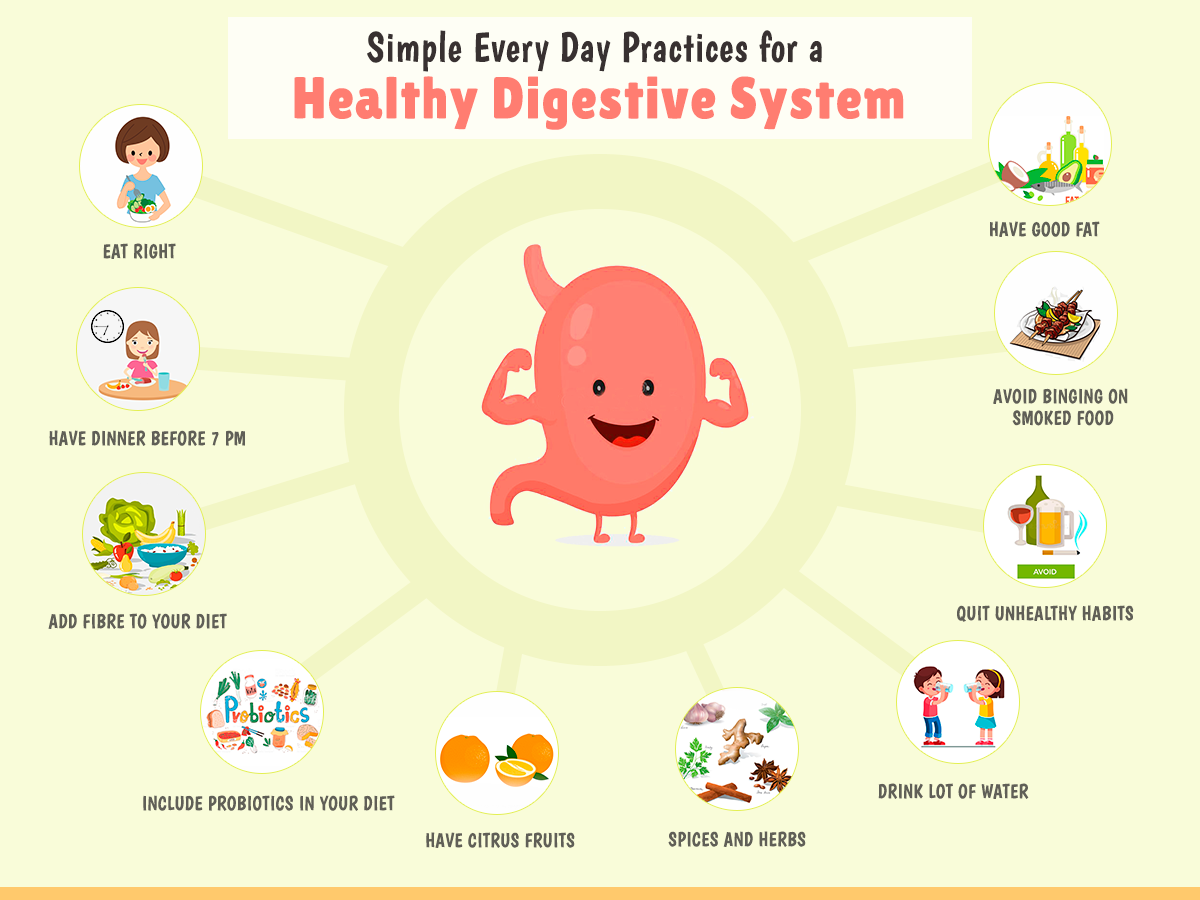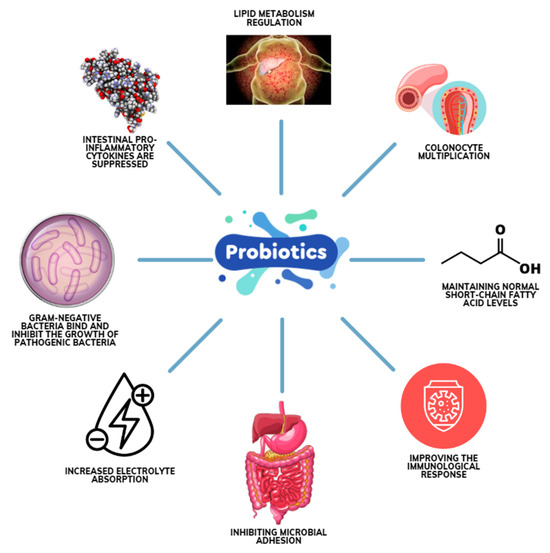The Secret Symphony in Your Belly: Transforming Your Digestive Wellness
Your gut is more than just a food processor – it’s a complex ecosystem that influences everything from your immune system to your mood. I’ve been fascinated by gut health ever since I discovered how dramatically it affected my own well-being. The remarkable connection between what we eat and how we feel isn’t just anecdotal – it’s backed by cutting-edge science that reveals just how critical our digestive system is to overall health.
Throughout my journey exploring digestive wellness, I’ve discovered that small, consistent habits can create tremendous improvements in gut function. The beauty of gut health is that positive changes often bring quick relief and long-lasting benefits. Let’s explore the essential practices and foods that can revolutionize your digestive system.
Understanding Your Gut: The Foundation of Wellness

Your digestive tract is home to trillions of microorganisms collectively known as the gut microbiome. This bustling community includes bacteria, fungi, viruses, and other microscopic life forms that absolutely transform how your body processes nutrients. The balance of these organisms profoundly impacts not just digestion but your entire health profile.
When I first learned that we carry about 4-5 pounds of bacteria in our gut, I was astonished! These tiny helpers break down food, produce essential vitamins, and protect against harmful pathogens. They even communicate with your brain through the gut-brain axis, influencing mood, stress levels, and cognitive function.
Unfortunately, modern lifestyles often wreak havoc on this delicate ecosystem. Processed foods, chronic stress, antibiotics, and environmental toxins can disrupt the microbial balance, leading to what scientists call dysbiosis – an imbalance that can trigger digestive issues and contribute to chronic health problems.
“The food you eat can be either the safest and most powerful form of medicine or the slowest form of poison.”
This ancient wisdom perfectly captures what research now confirms: our dietary choices directly shape our microbiome composition. By nourishing beneficial bacteria and limiting harmful ones, we can create a thriving gut environment that supports overall health.
Daily Habits That Transform Digestive Health
Cultivating optimal gut health isn’t complicated, but it does require consistency. I’ve found these daily practices make an extraordinary difference in digestive comfort and function:
- Stay hydrated: Water facilitates every digestive process, from breaking down food to nutrient absorption and waste elimination. I aim for at least 8 glasses daily, adding lemon for an alkalizing boost.
- Eat mindfully: Chewing thoroughly and eating without distractions activates digestive enzymes and prevents overeating. When I started putting my phone away during meals, my bloating decreased significantly.
- Move regularly: Exercise stimulates intestinal contractions that keep food moving through your digestive tract. Even a 15-minute walk after meals can reduce discomfort and improve digestion.
- Prioritize sleep: During deep sleep, your gut repairs itself and microbiome balance is restored. I’ve noticed that when I get less than 7 hours, my digestion suffers the next day.
Beyond these fundamental habits, managing stress might be the most underrated aspect of gut health. The gut-brain connection is remarkably sensitive to emotional states. When I’m anxious or overwhelmed, my digestion immediately reflects it. Incorporating stress-reduction techniques like deep breathing, meditation, or gentle yoga has been transformative for my digestive comfort.
Superstar Foods That Heal Your Gut

Certain foods act as powerful allies in building gut health. I’ve experienced firsthand how incorporating these digestive superheroes can reduce inflammation, repair the gut lining, and promote beneficial bacterial growth.
Fermented foods top my list of gut-healing champions. Foods like kimchi, sauerkraut, kefir, and yogurt deliver live beneficial bacteria directly to your digestive tract. When I started having a small serving of fermented foods daily, I noticed improved digestion within just two weeks.
Fiber-rich foods are equally important as they provide prebiotics – specialized plant fibers that feed your beneficial gut bacteria. Garlic, onions, leeks, asparagus, bananas, and oats contain particularly effective prebiotics called fructooligosaccharides that stimulate the growth of beneficial bifidobacteria.
Polyphenol-rich foods like berries, dark chocolate, green tea, and olive oil contain powerful plant compounds that reduce inflammation and feed beneficial gut bacteria. These foods don’t just taste wonderful – they actually change your microbiome composition in favorable ways.
Foods To Limit For Better Digestive Health
Just as some foods heal, others can harm gut function. Through personal experimentation and research, I’ve identified several categories that commonly disrupt digestive harmony:
Highly processed foods strip away beneficial fiber while adding preservatives, artificial sweeteners, and emulsifiers that can damage the gut lining and disturb microbial balance. When I reduced processed foods, my energy levels soared and digestive discomfort diminished.
Excessive alcohol consumption irritates the digestive tract and disrupts the microbiome. I’ve found that limiting drinks to special occasions makes a tremendous difference in how my gut feels day-to-day.
Sugar and refined carbohydrates feed harmful bacteria and yeast, potentially creating imbalance. The inflammation triggered by sugar overconsumption can damage the intestinal lining and compromise digestive function.
Creating Your Personal Gut-Healing Protocol

Everyone’s microbiome is uniquely individual – what works for one person might not work for another. I recommend starting with a basic gut-healing foundation, then personalizing based on your body’s responses.
| Stage | Duration | Focus Areas | Key Practices |
|---|---|---|---|
| Foundation | 2-4 weeks | Remove irritants, reduce inflammation | Eliminate processed foods, sugar, and common allergens; increase water intake; practice stress management |
| Repair | 4-8 weeks | Heal gut lining, reduce permeability | Add bone broth, L-glutamine-rich foods, zinc-containing foods; continue foundation practices |
| Reinoculate | Ongoing | Restore beneficial bacteria | Incorporate fermented foods daily; add diverse prebiotic fibers; consider a quality probiotic supplement |
| Rebalance | Lifetime | Maintain optimal gut function | 80/20 balance of gut-supporting foods; stress management; regular exercise; adequate sleep |
I’ve found this staged approach extremely effective. The initial foundation phase often brings quick relief by removing triggers, while the later stages build long-term resilience and balance.
The Connection Between Gut Health and Immune Function
Did you know that approximately 70-80% of your immune system resides in your gut? This fascinating connection explains why digestive health so profoundly influences immunity. The gut lining serves as a critical barrier, determining what enters your bloodstream and what gets eliminated.
When this barrier becomes compromised – a condition known as intestinal permeability or “leaky gut” – particles that should remain in the digestive tract can enter the bloodstream, potentially triggering inflammation and immune reactions. I’ve observed in my own health journey that periods of digestive distress often coincide with increased susceptibility to colds and infections.
By nourishing your gut with healing foods and beneficial bacteria, you simultaneously strengthen your immune defenses. The beneficial microbes in a healthy gut actually train your immune system, helping it distinguish between harmful invaders and harmless substances. This education process reduces the risk of both infections and inappropriate immune responses like allergies and autoimmune conditions.
Gut Health Beyond Digestion: Surprising Connections

The influence of gut health extends far beyond digestion. Research continues to uncover connections between gut function and seemingly unrelated aspects of health:
The gut-brain axis represents one of the most fascinating connections. Your digestive tract contains its own nervous system with more neurons than your spinal cord! This “second brain” communicates constantly with your central nervous system, influencing mood, cognition, and mental health. Studies show that certain gut bacteria produce neurotransmitters like serotonin and GABA that regulate mood, which explains why digestive issues often accompany anxiety and depression.
Skin health also reflects gut function. I’ve witnessed remarkable improvements in skin clarity when focusing on gut healing. Inflammatory skin conditions like eczema, psoriasis, and acne often respond positively to digestive improvements, highlighting the gut-skin connection.
Even hormone balance depends on gut health. Your microbiome influences how hormones are metabolized and eliminated. When digestion falters, hormones can recirculate instead of being properly removed, potentially creating imbalances that affect energy, weight, and reproductive health.
Joint pain and inflammation often diminish with improved gut health. The connection lies in bacterial balance – certain gut bacteria produce compounds that either increase or decrease systemic inflammation. By fostering anti-inflammatory microbes, you can potentially reduce joint discomfort naturally.
Simple Strategies to Implement Today
Start your gut health journey with these practical steps that deliver immediate benefits:
Begin each morning with a glass of warm water with lemon to gently stimulate digestion and support detoxification pathways. This simple habit has been a cornerstone of my morning routine for years.
Add one fermented food to your daily diet. Start small with just a tablespoon of sauerkraut or kimchi, or a few ounces of kefir or yogurt. Gradually increase as your system adjusts.
Incorporate more plant diversity into your meals. Each type of plant food feeds different beneficial bacteria, so aim for 30+ different plant foods weekly. This might sound daunting, but even herbs and spices count! My grocery shopping transformed when I started viewing it as an opportunity to collect diverse plant foods.
Consider a daily “digestive power hour” where you focus exclusively on practices that support gut health – perhaps enjoying a fermented food, taking a walk, practicing deep breathing, or preparing gut-friendly meals for the coming days.
Remember that small, consistent changes typically yield better results than dramatic overhauls. Your microbiome responds gradually to dietary shifts, so patience and persistence are key allies on your gut health journey.








